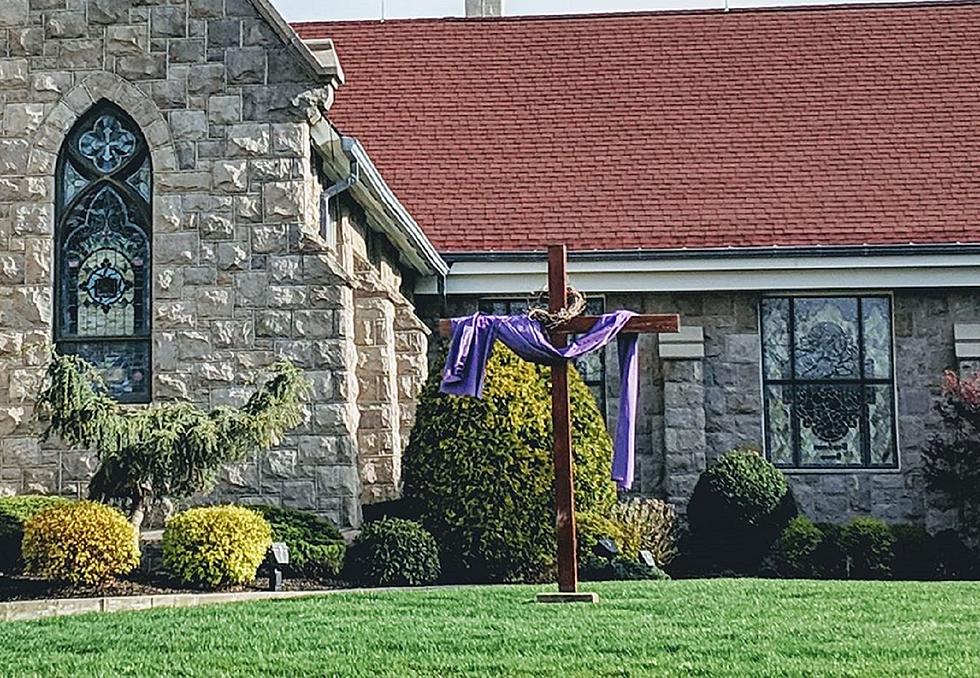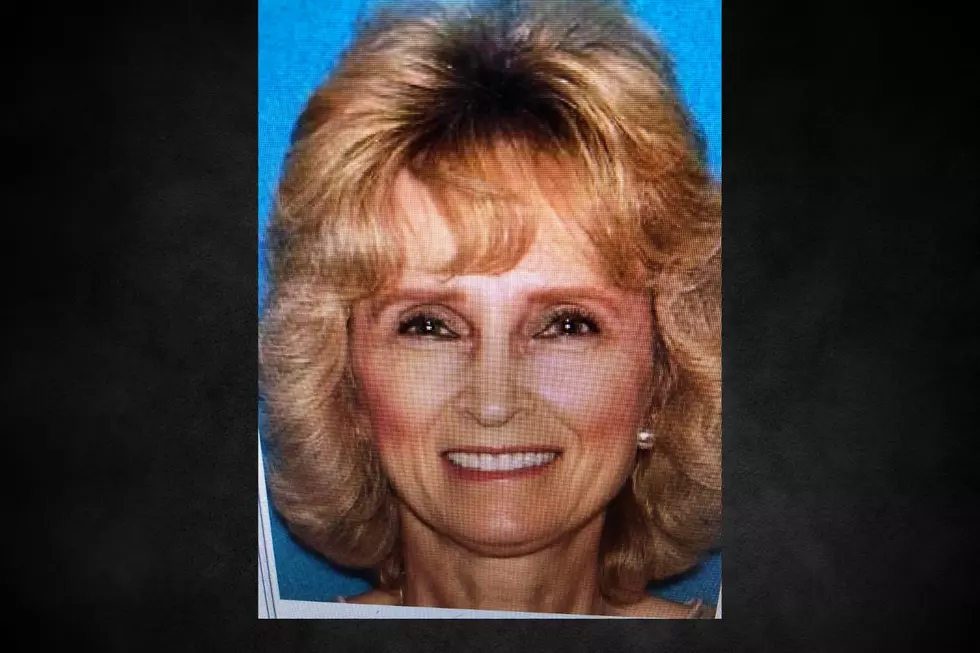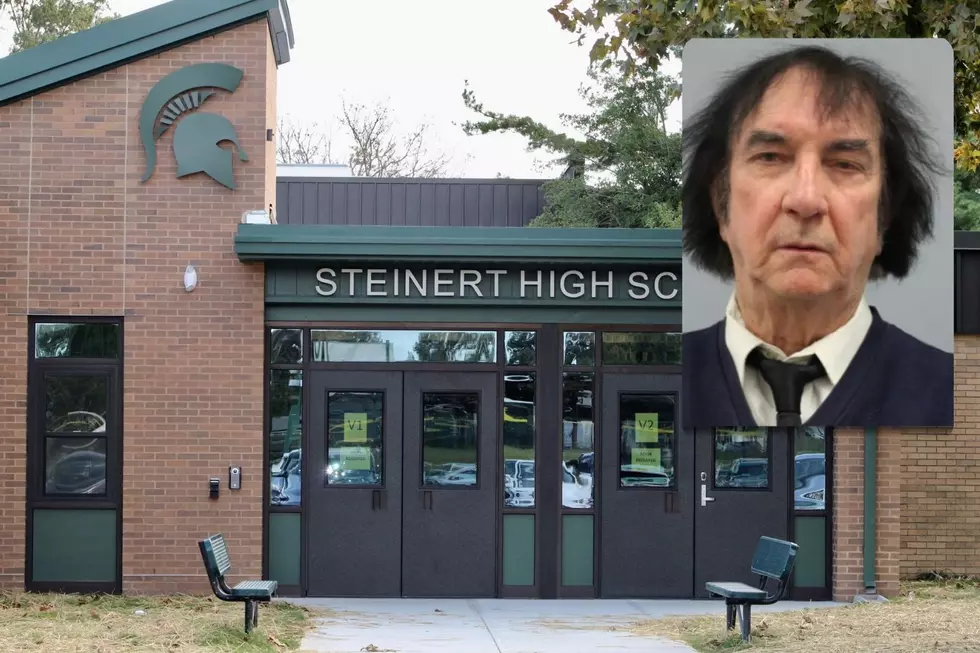
Newark Archdiocese cancels weekend Mass, Trenton offers dispensation
The Newark Archdiocese suspended all Masses this weekend. Both it and the Trenton Diocese offered special dispensation to those who cannot make Sunday Mass until further notice.
Cardinal Joseph Tobin, the Newark archbishop, said the decision was made after evaluating the recommendations of state and health officials along with those of the Archdiocesan Coronavirus Response Task Force. Gov. Phil Murphy on Thursday recommended that all public gatherings of more than 250 people be canceled in order to mitigate the spread of COVID-19.
Daily Mass will continue and churches will remain open, he said.
"Churches of the Archdiocese will remain open and the faithful are encouraged to pray while maintaining a prudent distance from each other," Tobin wrote in a statement.
Tobin also closed the archdiocese's Catholic schools between March 16 and March 20 and suspended religious education classes starting Saturday and through Sunday, March 20.
The cardinal also recommended that weddings, funerals and baptisms be attended by immediate family members only.
Trenton Diocese Bishop David M. O’Connell also issued special dispensation for those unable to attend, but said Masses will be held as usual.
"Those who are feeling sick or are in high risk groups should not celebrate or attend Mass and should stay home," O'Connell said.
The Dioceses in Camden, Metuchen and Paterson have not yet issue dispensations for their faithful.
Both O'Connell and Tobin earlier made temporary adjustments to services and suspended the distribution of the "distribution of the Precious Blood of Christ from the chalice to parishioners," and said that no member is required to receive the Body of Christ on the tongue.
The sign of peace during the service, which is often celebrated with handshakes, hugs and kisses, should be exchanged without physical contact, they said.
The Rabbinical Council of Bergen County said its member rabbis met with government and health officials on Thursday and said they asked for help to "slow the spread the disease before their resources are overwhelmed." The council said its rabbis were concerned about hospitals being able to handle a large number of COVID-19 patients.
The council encouraged social distancing practices including working from home, refraining from holding play dates for children home from school, replacing shiva with phone calls, refraining from contact sports and not eating at restaurants.
Steps to prevent the spread of flu and the common cold will also help prevent the spread of COVID-19, according to the New Jersey Department of Health:
- Wash hands often with soap and water. If they're not available, use hand sanitizer.
- Avoid touching your eyes, nose or mouth with unwashed hands.
- Avoid contact with people who are sick.
- Stay home while you are sick and avoid contact with others.
- Cover your mouth and nose with a tissue or sleeve when coughing or sneezing.
The CDC says symptoms of COVID-19, which may appear two to 14 days after exposure, include:
- Fever
- Cough
- Shortness of breath
If individuals are experiencing symptoms, they should call their healthcare provider before visiting their office.
Contact reporter Dan Alexander at Dan.Alexander@townsquaremedia.com or via Twitter @DanAlexanderNJ

More from New Jersey 101.5
More From New Jersey 101.5 FM









